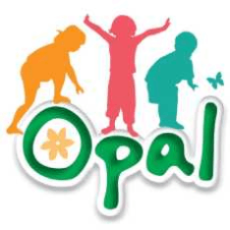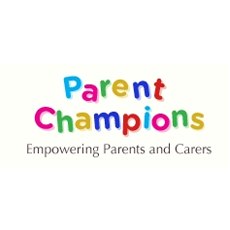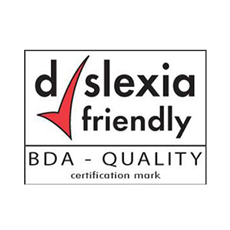English - writing
WRITING
The programmes of study for writing at key stages 1 and 2 are constructed similarly to those for reading:
- transcription (spelling and handwriting)
- composition (articulating ideas and structuring them in speech and writing)
Writing is developed by:
- opportunities for pupils to plan, revise and evaluate their writing
- opportunities for pupils to write down ideas fluently with effective transcription (spelling quickly and accurately)
- opportunities for pupils to effectively compose ideas and organise them coherently for a reader
- teaching, modelling and practice of fluent, legible and eventually speedy handwriting
- teaching which inspires and motivates pupils to write
- teaching and learning of specific techniques and writing tools as word and sentence level activities which feed into text level composition.
- use of whole-class, guided group and individual writing sessions focusing upon a range of audiences and purposes.
- providing a range of contexts and opportunities for children to practice composition through other curriculum areas.
- providing regular opportunities for extended writing.
We use Jane's Considine's Write Stuff planning materials to support our writing curriculum. The children become very familiar with the symbols in the 'writing rainbow' and use them to support their writing.
Sentence stacking: Lessons concentrate on the teaching of writing with a sharp focus on the craft and construction of sentences. Each Sentence Stacking lesson is organised into three learning chunks. Sentences created by the pupils are celebrated and used to form a large class Sentence Stack which builds over the duration of the whole piece of text .
Experience lessons: Teachers use immersive teaching to stimulate ideas. The experience lessons can take many forms, e.g. a visit out or a drama technique deployed to stregthen and build children's imagination.
Daily lessons will be structured to support the development of children's writing sequence and allow opportunities for children to write independently, subsequently this becomes an opportunity for teachers to assess what the children have learnt. Each lesson will have three parts and these will be repeated three times. The teacher will 'initiate' some ideas with a focus on a writing objective and 'model' this to the children, followed by the 'enable' part of the session where the children write their ideas.
Teachers also use lots of visual symbols from our 'writing rainbow' to help children understand the different parts of their writing.
Spelling, vocabulary, grammar, punctuation
In Literacy lessons teachers will teach pupils the vocabulary, grammatical terms and punctuation needed to read and write effectively. These skills will be taught in the context of class texts and not in isolation. Each year group has a spelling and grammar scheme of work to follow.
Spelling is developed by:
- systematic teaching and learning of phonics and spelling patterns/rules from the national curriculum
- regular learning of spelling lists allocated by ability
- encouragement of independent spelling strategies taught in Literacy sessions.
- use of dictionaries, personal word banks and spell-checkers (upper juniors).
- the discretionary marking and correcting of spelling errors, learning mis-spelt words
- encouragement of an interest in words and their meanings and a growing vocabulary.
Contribution of English to teaching in other curriculum areas
The skills that children develop in English are linked to, and applied in, every subject of our curriculum. The children’s skills in speaking and listening, reading and writing enable them to communicate and express themselves in all areas of their work. There is an expectation that the correct use of vocabulary and terminology will be used by teachers and understood by children for continuity and progression through the school. Teachers use opportunities in the wider curriculum to reinforce and develop speaking and listening, reading and writing skills.






